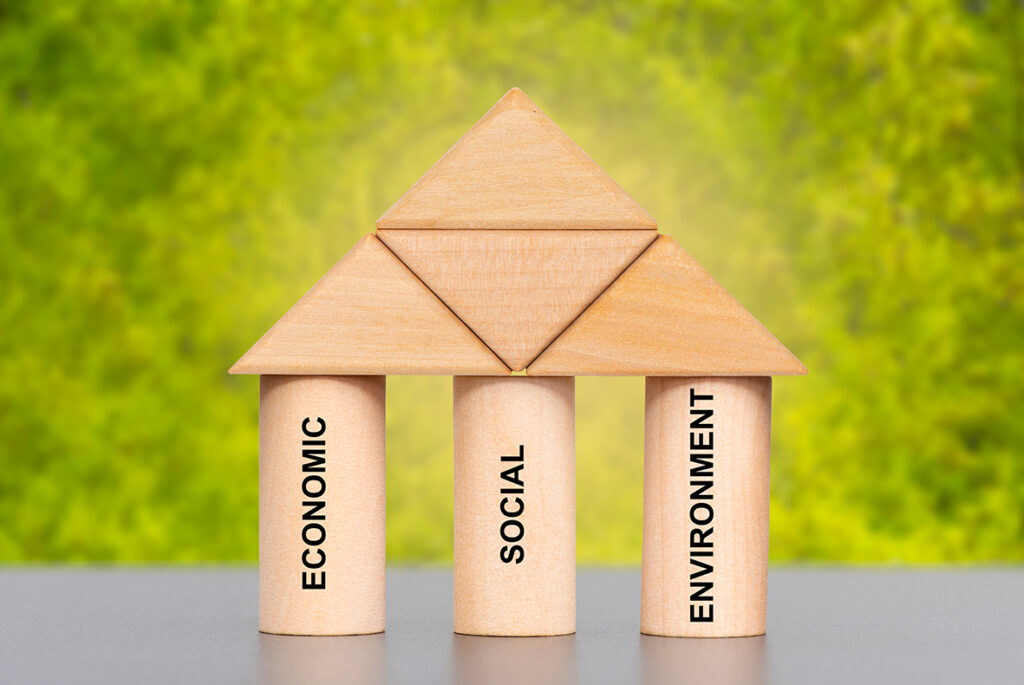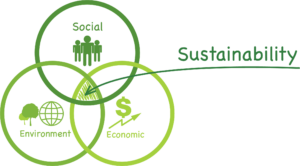
Part of our company’s vision is to consider new ways we can do pest control more sustainably, this policy and its related targets come from this.
Pelsis’ sustainability mission is to develop intelligent products and services that minimise the impact of pests and support biodiversity.
As a business, we aim to reduce any negative environmental impacts we may have, while aiming to contribute positively to the economy and to society. Sustainability is a priority of the pest management service sector, and we are aligned with the European Association of Professional Trained Pest Managers’ (CEPA) Integrated Pest Management (IPM) approach. IPM is an approach for sustainable pest management to protect human and animal health, to secure food safety and to prevent economic damage.
We also aim to meet expectations of employees, customers, and investors in creating a sustainable and profitable business, recognising that we are part of a bigger system of people, organisations and nature.
Pelsis’ sustainability efforts are focused on supporting the SDGs most relevant to our business; areas where we can either make the biggest positive impact or minimise our negative impact. We also recognise that, over time, our business focus, and therefore impact may change. We are committed to monitoring progress, reviewing and updating our goals as necessary.


The 3 pillars of sustainability
The three pillars of sustainability are the environment, society, and the economy. Sustainability is achieved only when environmental protection, social equity, and economic profitability coexist without one area taking over any of the others. The three pillars of sustainability are often also referred to as people, profit, and the planet. They are also known as the 3 Ps of sustainability, triple bottom line, or 3 principles of sustainability.

For any queries, please contact sustainability@pelsis.com
